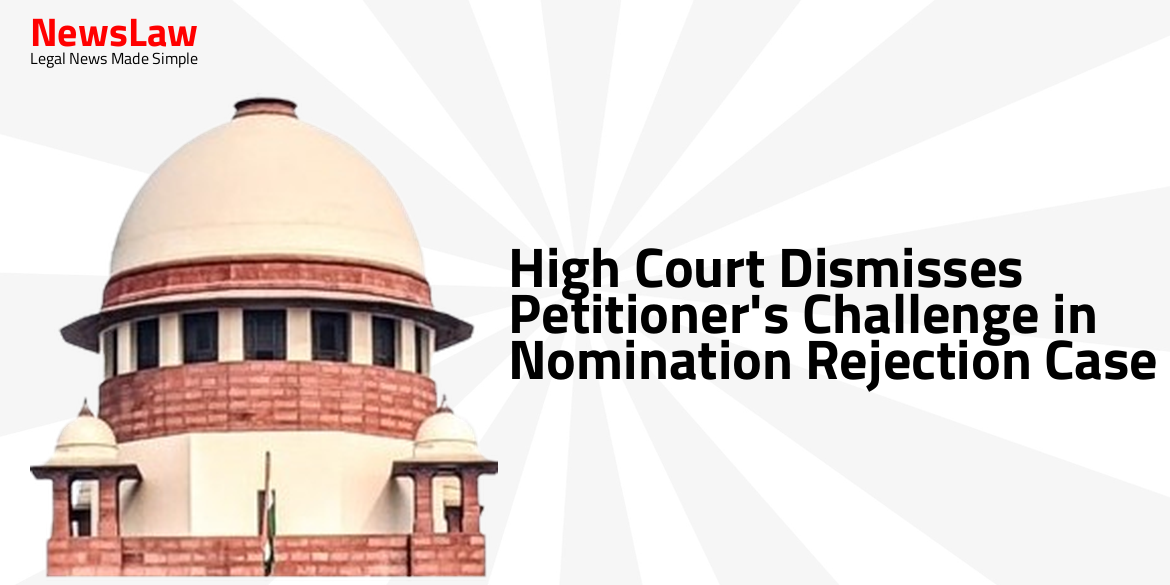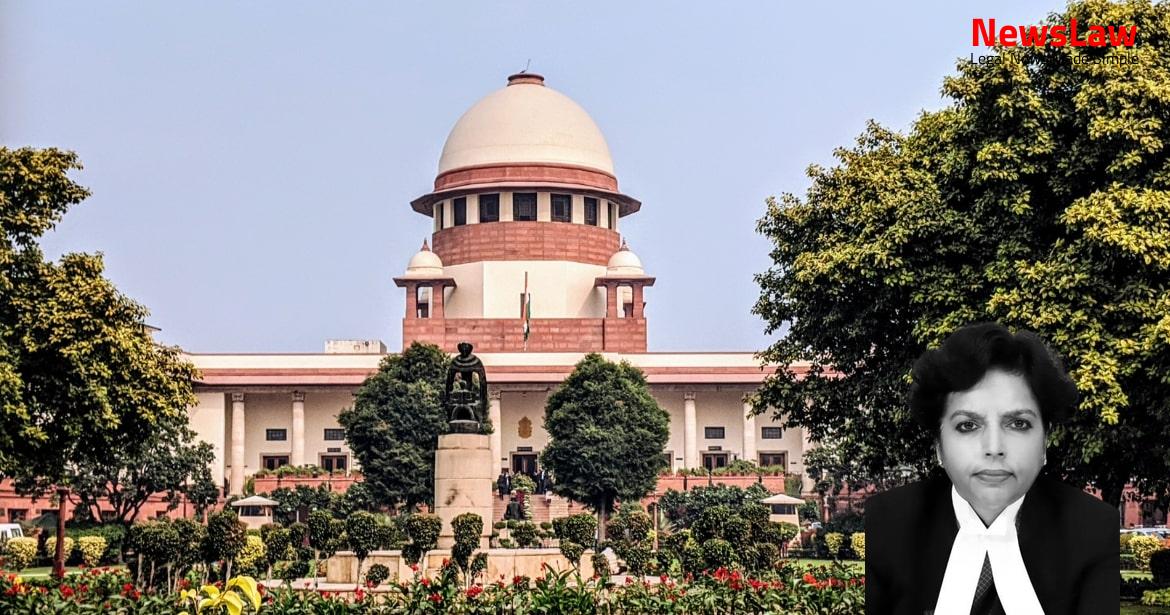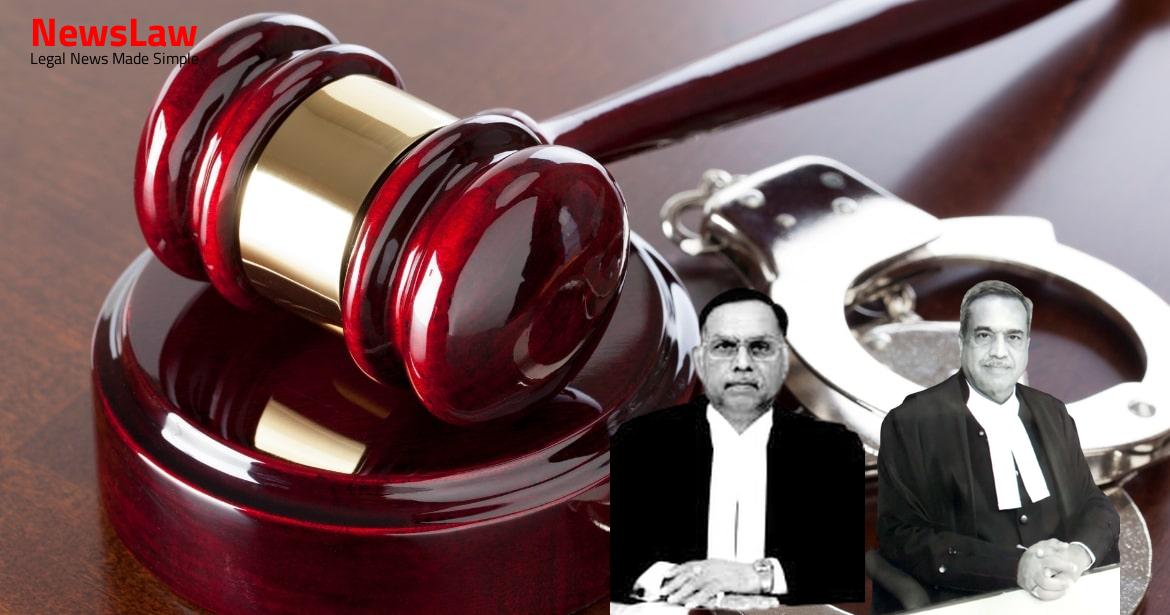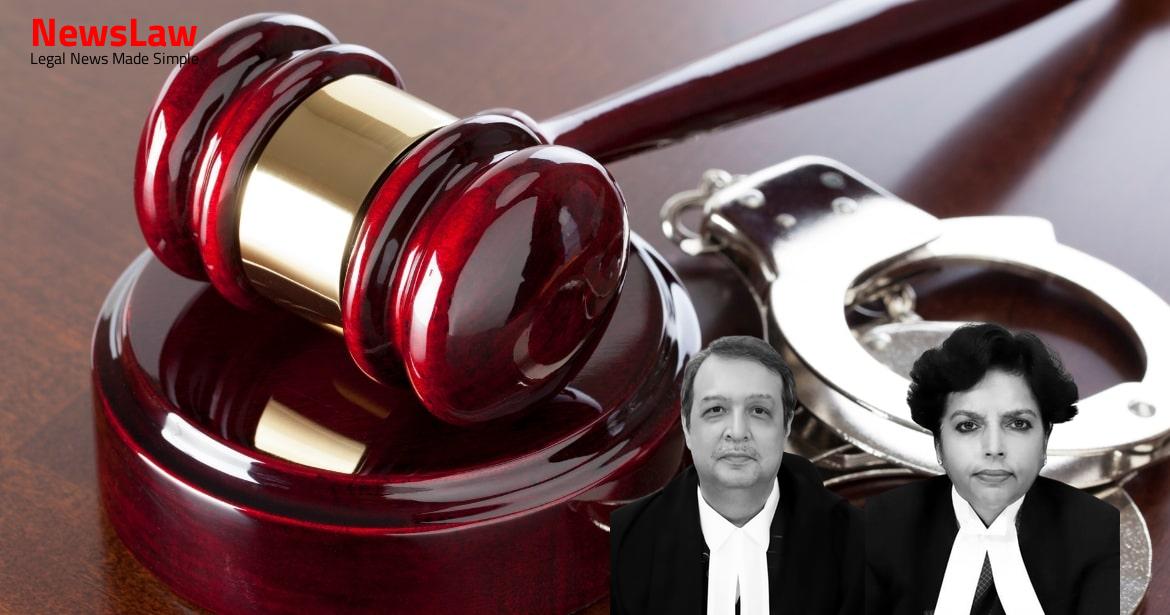In a recent legal battle before the Delhi High Court, a petitioner sought to contest the rejection of their nomination form for the General Election to Lok Sabha from North East Delhi Constituency. The respondent, representing the electoral authority, defended the rejection on specific grounds related to the nomination details. The court ruled on the petition, emphasizing the exclusive use of election petitions for challenging election matters as per the Representation of the People Act. Let’s delve deeper into the details of this significant case.
Arguments
- The petitioner contends that the deficiencies in the nomination form were not cleared despite the opportunity given, leading to its rejection.
- The petitioner seeks a direction to allow them to contest the Lok Sabha elections from the North East Delhi Constituency.
- The sign of the proposer at Sr. No.3 in part II of the nomination paper was not attested as per ECI Guidelines.
- The nomination form submitted by the petitioner to contest the General Election to Lok Sabha from North East Delhi Constituency was rejected by the respondent.
- The proposer at Sr. No.3 was not allowed to enter the gate of the office of the respondent for the purpose of physical verification of the nomination form.
- The counsel for the respondent argues that the petition is not maintainable at this stage due to the bar under Article 329(b) of the Constitution of India and suggests filing an election petition after the elections.
- The petitioner asserts that they had complied with all ECI guidelines and made no error in filing the nomination form.
- The rejection of the nomination form by the respondent was based on specific grounds related to details regarding HUF, dependents, and other information.
- It is claimed that the respondent did not follow the instructions issued by the Chief Electoral Officer and wrongfully rejected the nomination form.
- The counsel for the respondent refutes the submissions made by the petitioner.
- Learned counsel for the respondents argued that the present petition is not maintainable.
- The submission made by the respondents carries merit.
Analysis
- The Representation of the People Act cannot bar the jurisdiction of the High Court to issue writs under Article 226 of the Constitution.
- The Act provides for only one remedy, which is through an election petition after the election is over.
- The rejection of a nomination paper can only be used as a ground to question the election.
- Civil courts are barred from questioning the legality of actions taken in connection with an election.
- Where a right or liability is created by a statute with a special remedy, that remedy must be availed of.
- The rule stated by Willes, J. in Wolverhampton New Waterworks Co. v. Hawkesford regarding statutory remedies must be followed.
- A candidate’s grievance regarding rejection of a nomination paper can only be raised in an election petition after the election is over.
- The law does not allow for two attacks on election matters, one through Article 226 of the Constitution and another through an election petition.
- The scheme of the Constitution and the Representation of the People Act indicates that election issues should be brought up only at the appropriate stage before a Special Tribunal.
- The importance of concluding elections as early as possible according to a schedule is recognized due to the crucial functions of legislatures in democratic countries.
- Controversial matters and disputes arising from elections should be postponed until after the elections to avoid delays.
- The jurisdiction of the courts is barred concerning laws made under Articles 327 and 328 about the delimitation of constituencies or seat allotment to those constituencies.
- The language of Article 329(b) adequately excludes the High Court’s jurisdiction in matters arising during elections.
- Article 329(b) prevents courts from intervening in issues that occur between polling commencement and final selection.
- If Part XV of the Constitution is considered a self-contained code for electoral matters, it implies the exclusion of High Courts’ jurisdiction to maintain the election time schedule.
- It is more reasonable to interpret that Article 329 covers all electoral matters comprehensively.
- Article 329(b) should be seen as complementing clause (a) of the same article.
- The court emphasized that election irregularities should only be challenged through an election petition and not through a court dispute while the election is ongoing.
- Article 329(b) of the Indian Constitution prohibits challenges to elections except through an election petition as per the Representation of the People Act, 1951.
- The definition of ‘election’ includes all actions by the competent authority post-election notification.
- The court cited previous judgments to support the exclusive use of election petitions for challenging election matters.
- The present petition was deemed not maintainable at the current stage and was dismissed, with the option to seek remedy under Section 100 of the Representation of the People Act, 1951 after the election concludes.
Case Title: AMIT GOYAL Vs. ELECTION COMMISSION OF INDIA & ANR. (2024:DHC:3956)
Case Number: W.P.(C)-7006/2024



